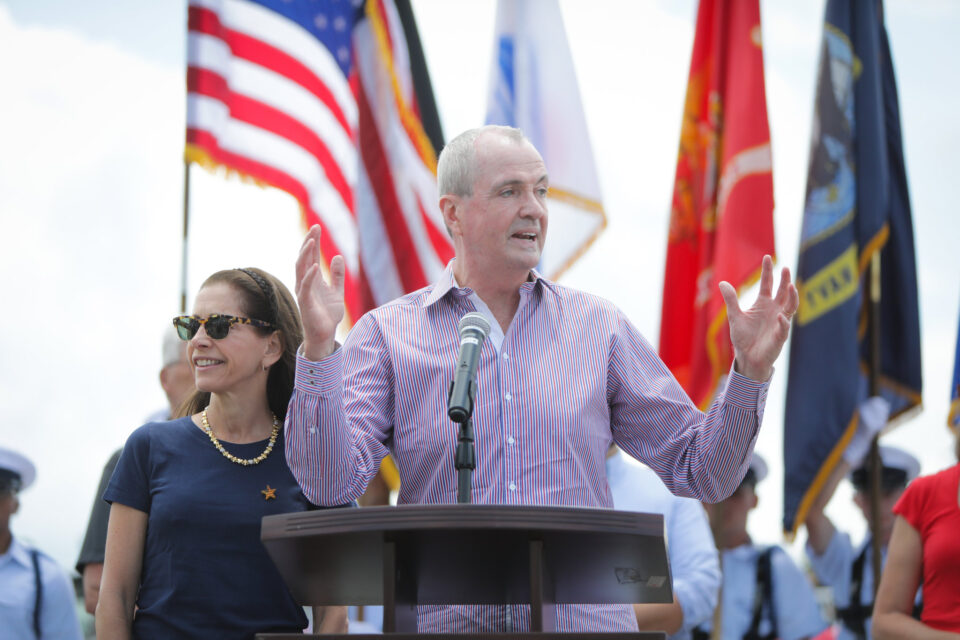Brooks: In the Newark mayoral race, Baraka Represent the “Old Stability” for Municipal Workers While Jeffries Represents a “Shot at Improvement”
March 18, 2014What Do New York Parents Think About de Blasio’s Attack on Charter Schools?
March 20, 2014What Newark Can Learn From Camden
Here’s the first part of my column today at Newsworks WHYY:
Everyone’s talking about the political upheaval in Newark as Ras Baraka and Shavar Jeffries fight for mayoral control of New Jersey’s largest city. David Brooks writes in Tuesday’s New York Times that voters face a choice between Baraka’s “transactional, machine-like style of politics” and Shavar Jeffries’ identity as a “reformer, promising to end the favor trading in government and modernize the institution.” The emblem of their battle is school choice. Brooks notes that “charter schools are the main flash point in this divide.”
Newark politicians and educators might find it instructive to glance south to Camden. It’s still America’s most dangerous city, and its educational evolution will not be televised. But Camden offers a case study, without the histrionic rhetoric, of what happens when long-term academic failure provokes reform and traditional districts make fiscal and structural adaptations.
This pivot to a hybrid charter/traditional school district requires a realignment of the public school district to one driven by choice, not governmental authority. This shift may be empowering for families and students, but it’s awfully hard on teacher union leaders who are invested in old-time power structures.
Read the rest here.




